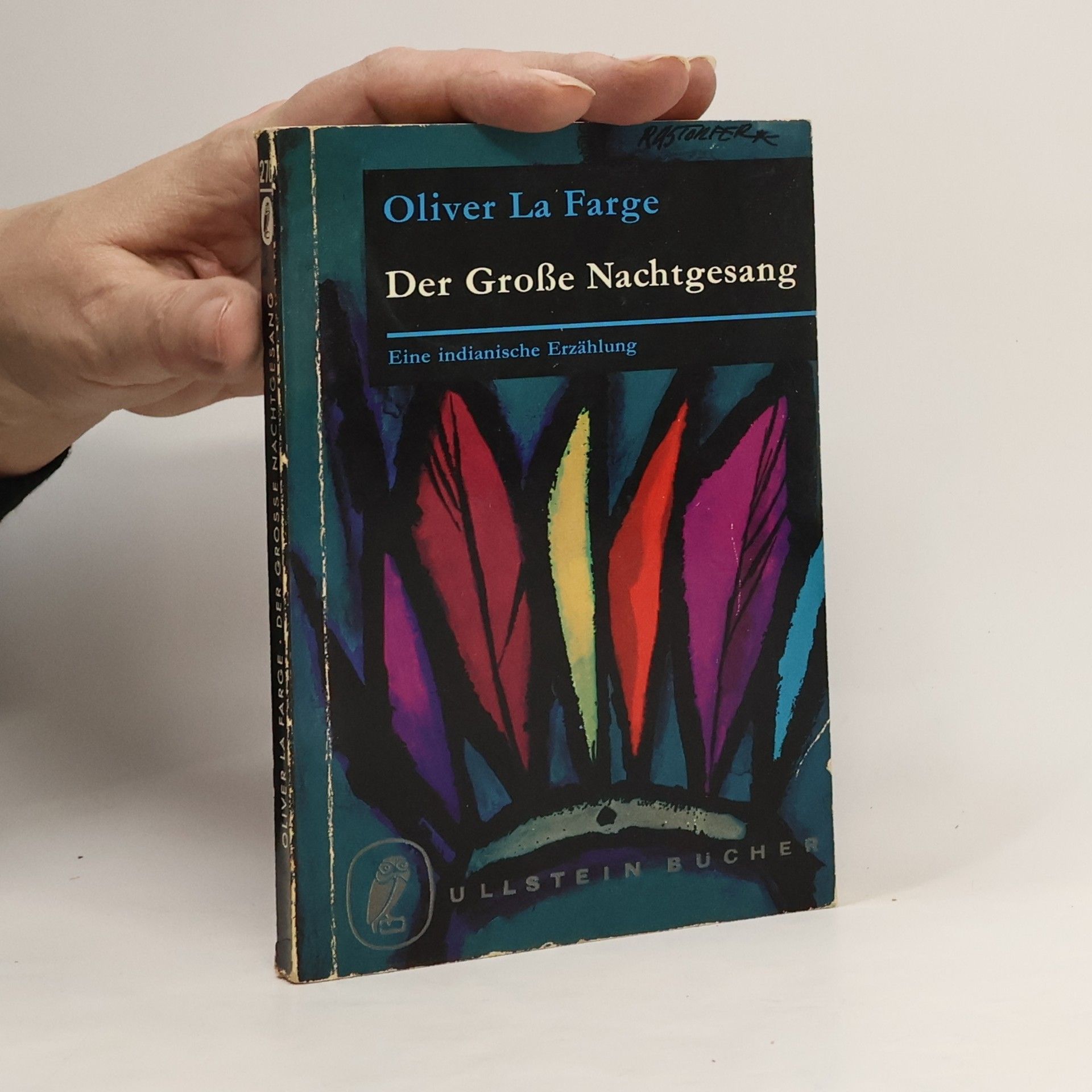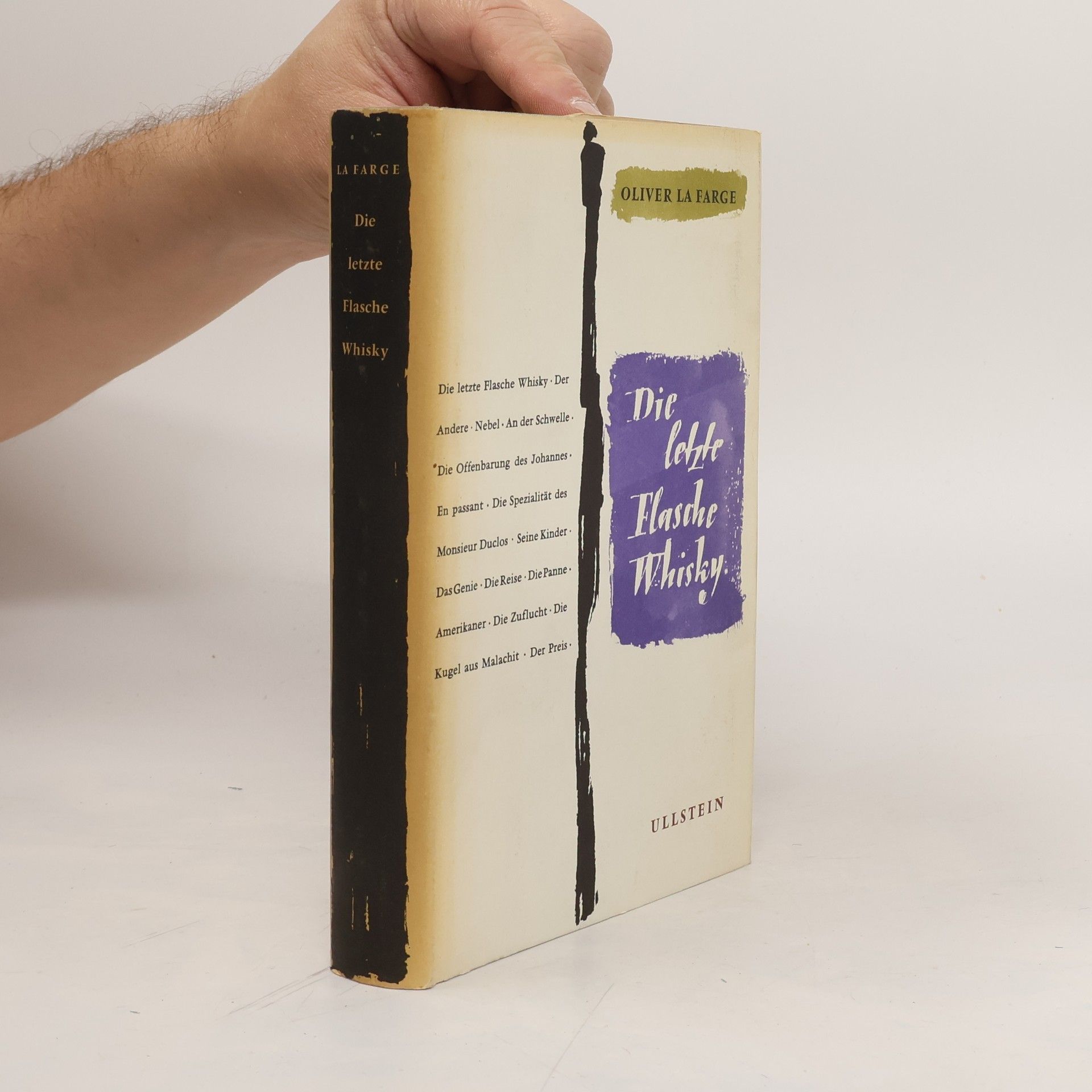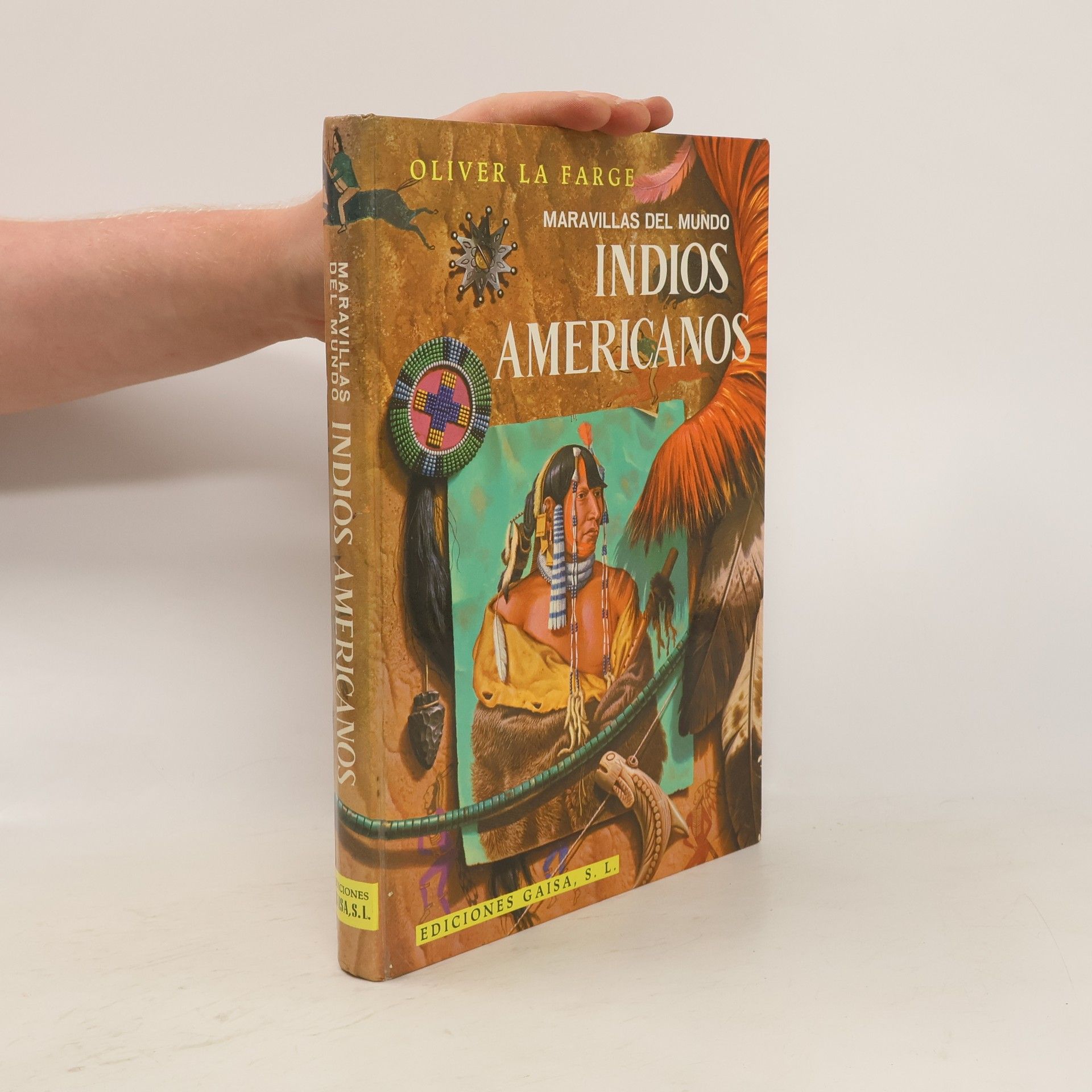La Farge Oliver Boeken
Oliver La Farge was een Amerikaanse schrijver en antropoloog wiens werk voornamelijk de Native American cultuur verkent. Zijn fictieve en non-fictieve geschriften duiken diep in de tradities en het leven van inheemse volkeren, wat hem aanzienlijke erkenning opleverde. La Farges korte verhalen verschenen in vooraanstaande tijdschriften en toonden zijn kenmerkende verhalende stijl. Zijn aanpak werd gekenmerkt door diepgaand begrip en respect voor de culturen die hij afbeeldde.


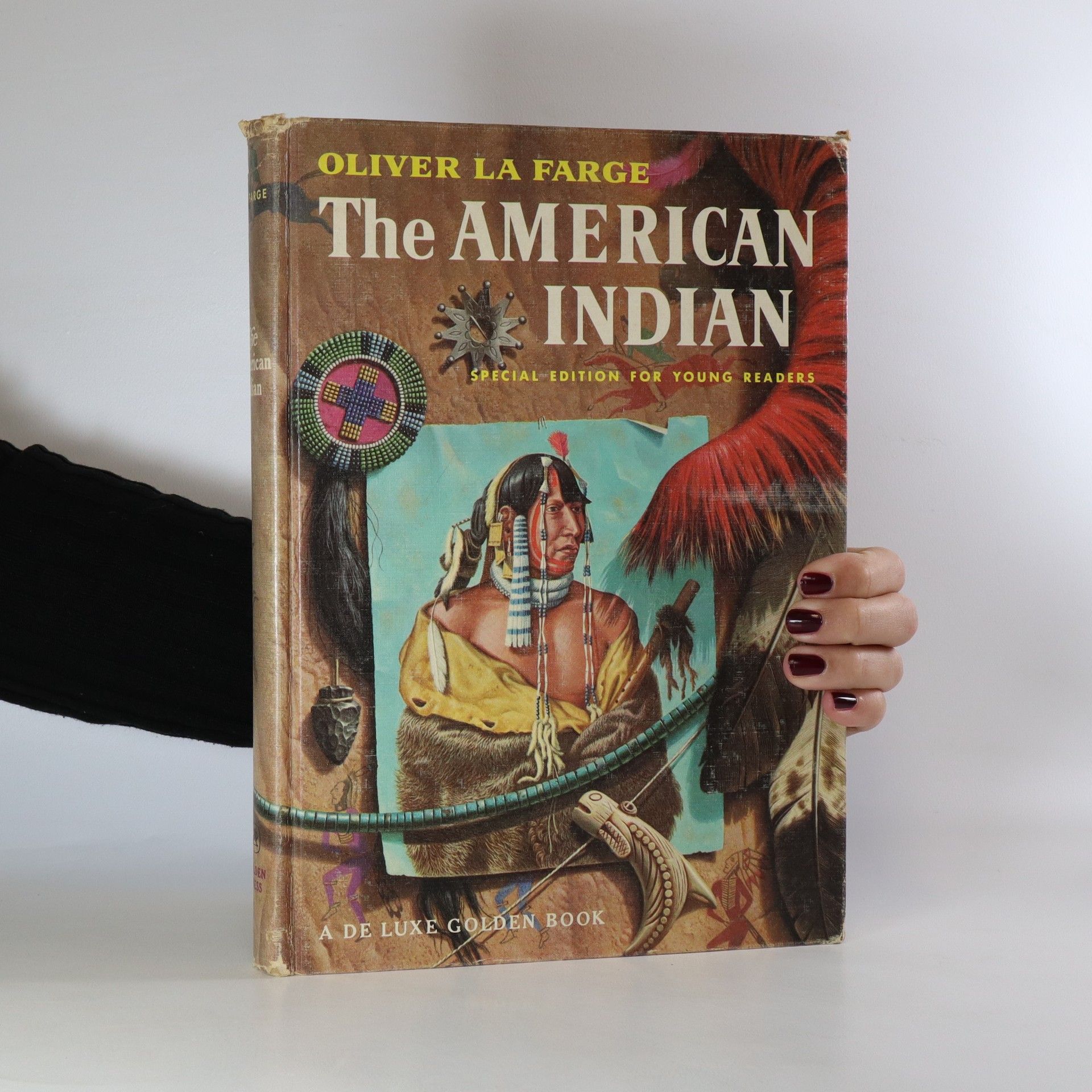
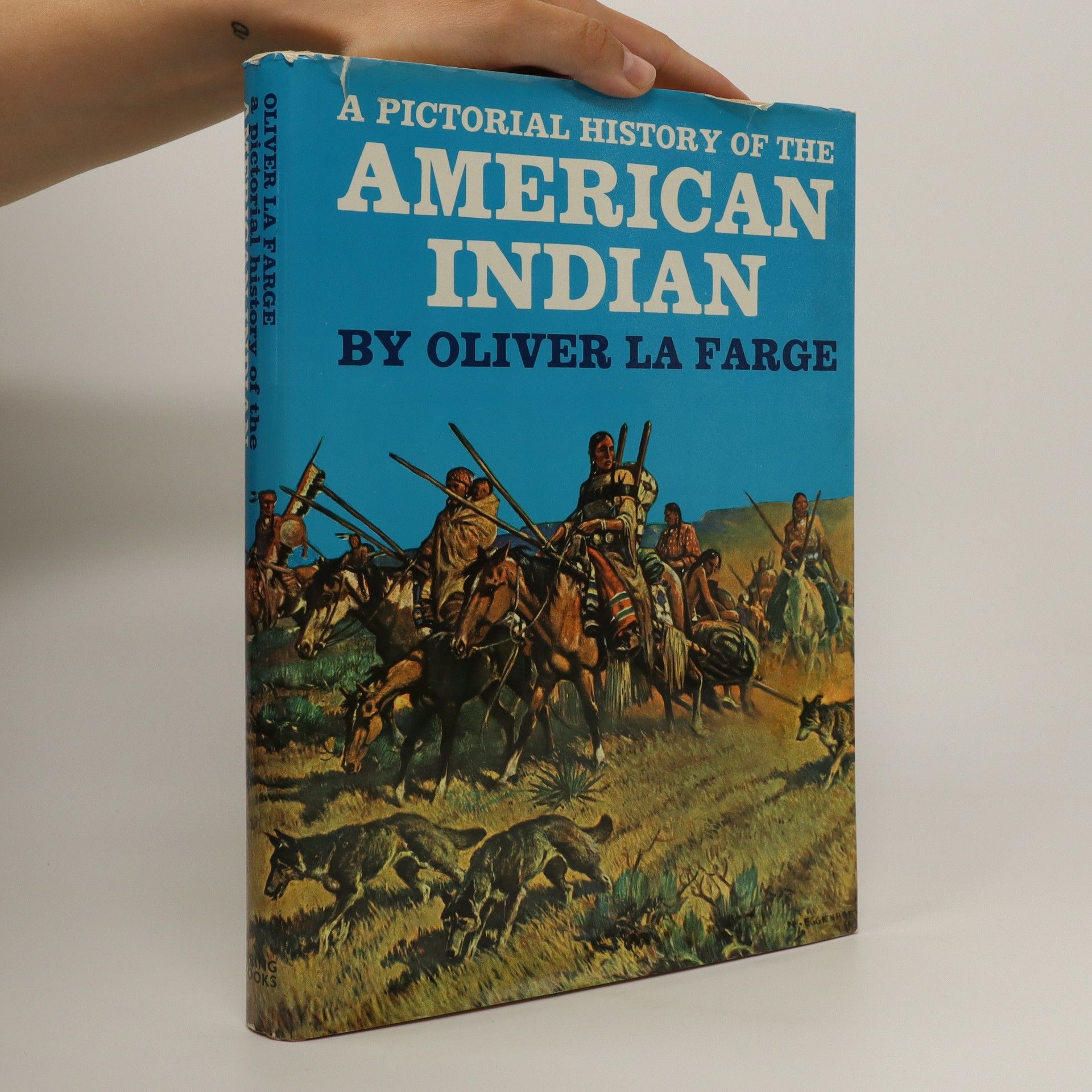
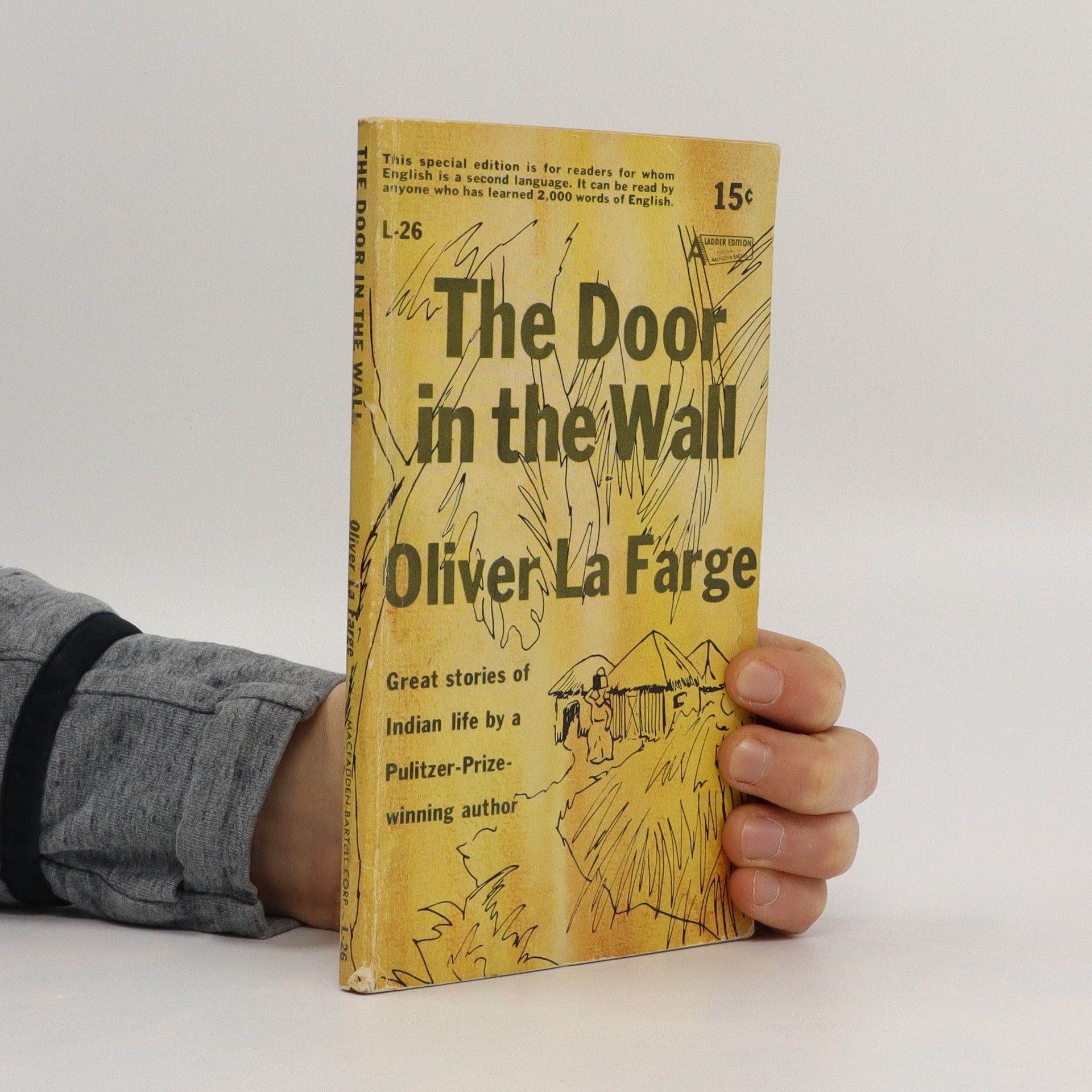

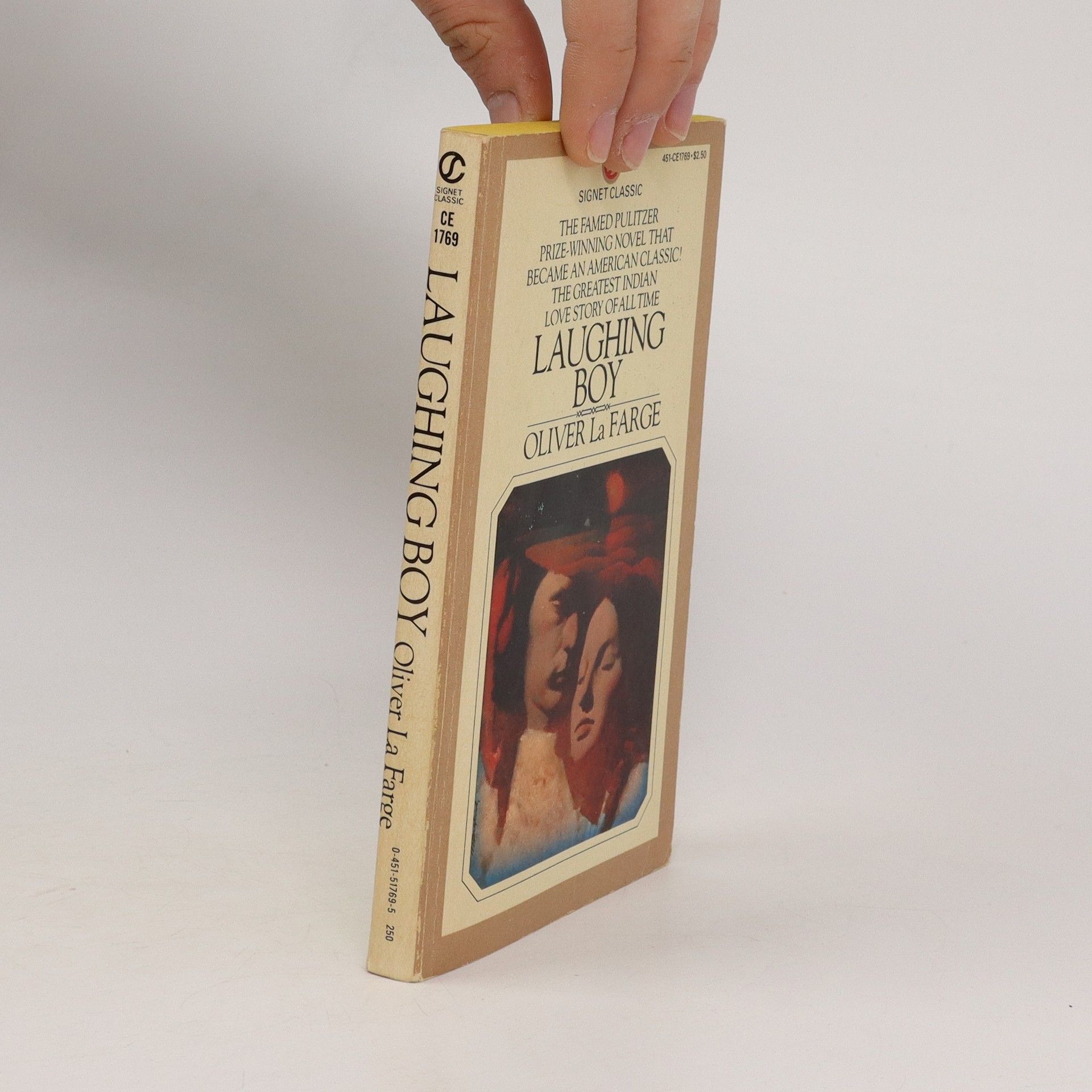
Indianische Liebesgeschichte
- 244bladzijden
- 9 uur lezen
Eine der ehrlichsten und interessantesten Indianergeschichten von zeitloser Intensität. Der Navajo-Indianer Lachender-Knabe verliebt sich in schlankes-Mädchen. Sie gehört demselben Stamm an wie er, aber ihre Vergangenheit ist ihm fremd. Sie hat durch das Zusammenleben mit weißen Amerikanern die Bindung zu ihrem Volk verloren. Ihr gemeinsames Haus, in dem sie webt und er Silber schmiedet, wird ein glückliches Haus. Wenn sie reich genug sind, wollen sie zu seinem Volk in den Norden ziehen. - Der Roman, der 1929 in den USA erschien, ist auch heute noch eine der ehrlichsten und interessantesten Indianergeschichten von zeitloser Intensität.

